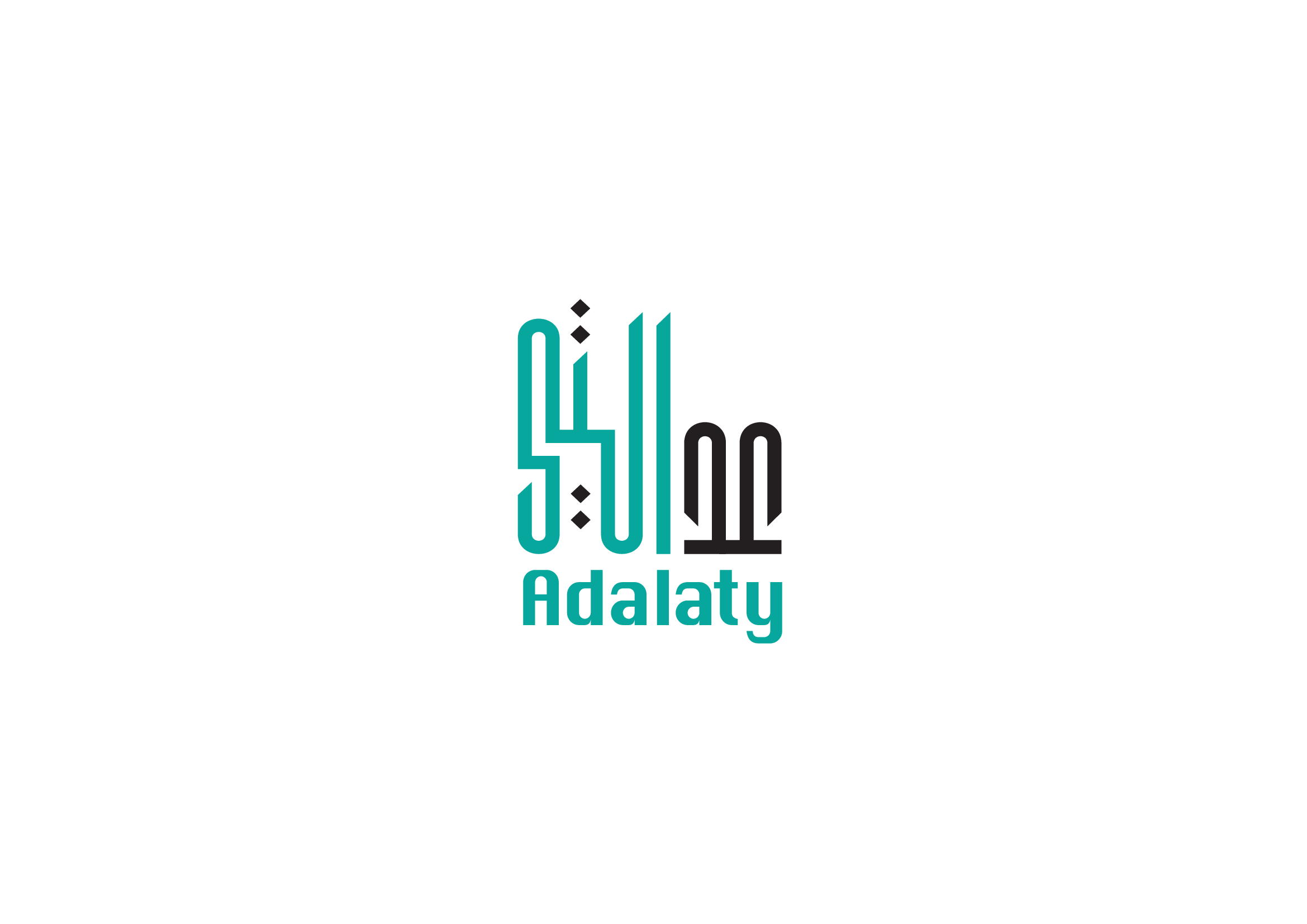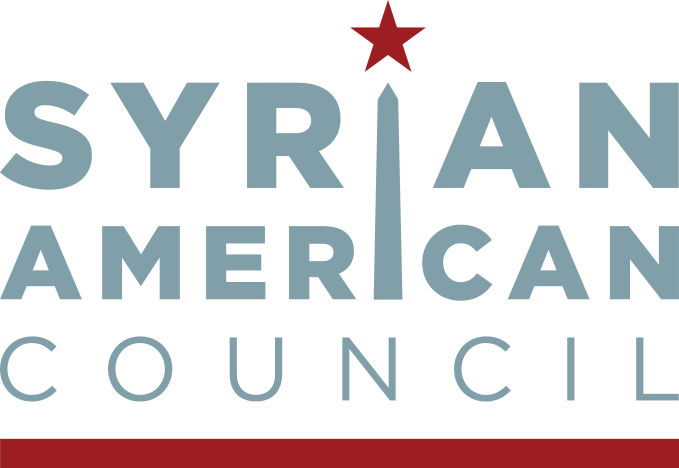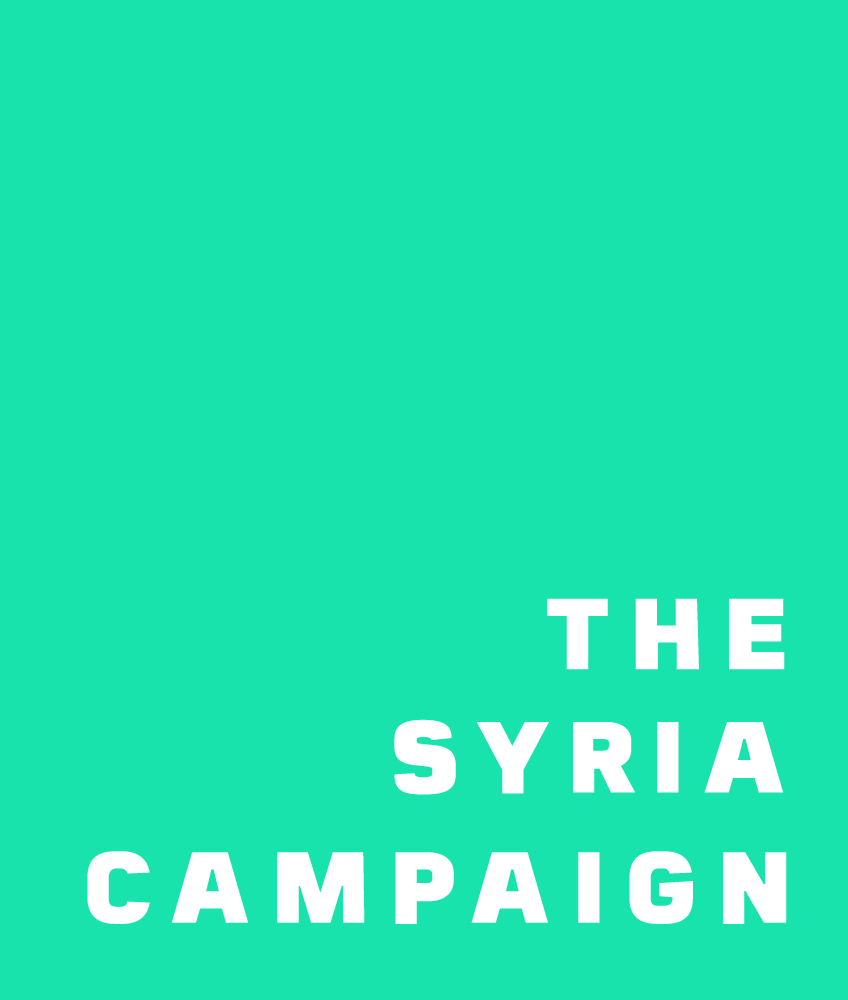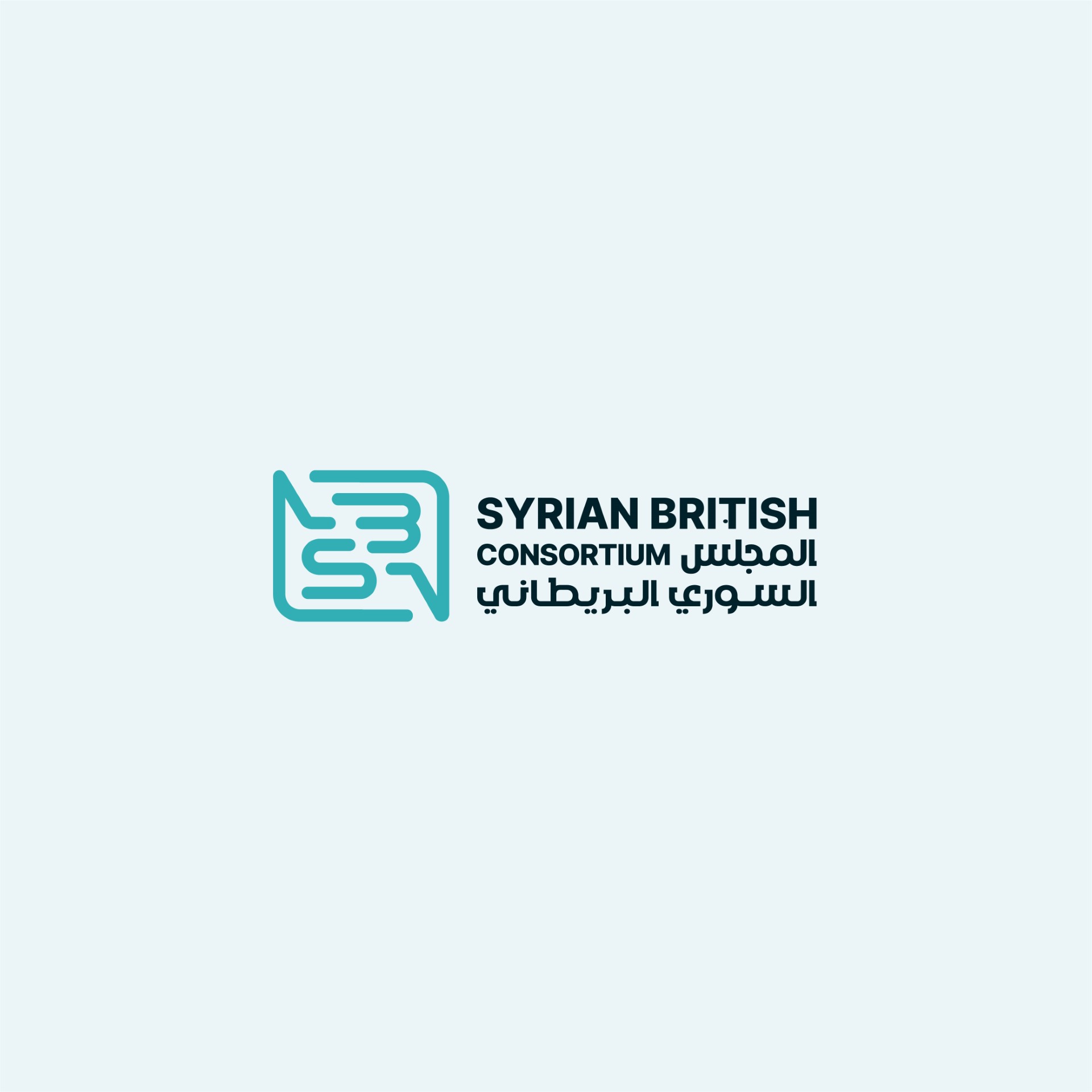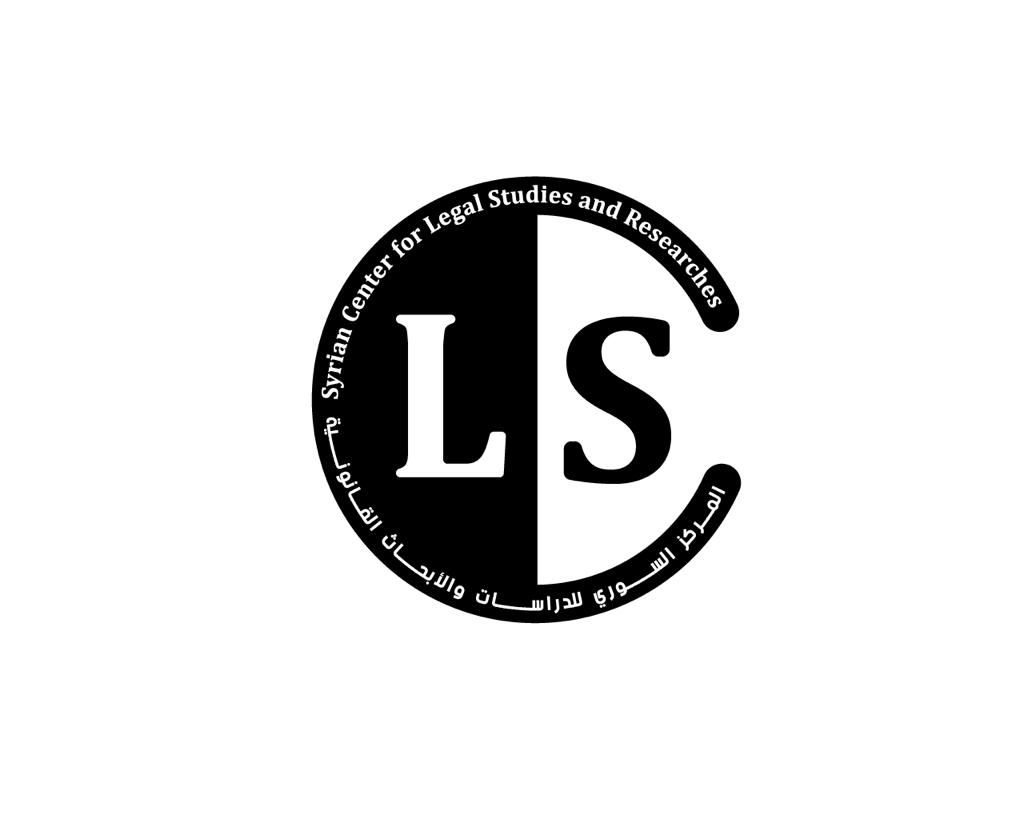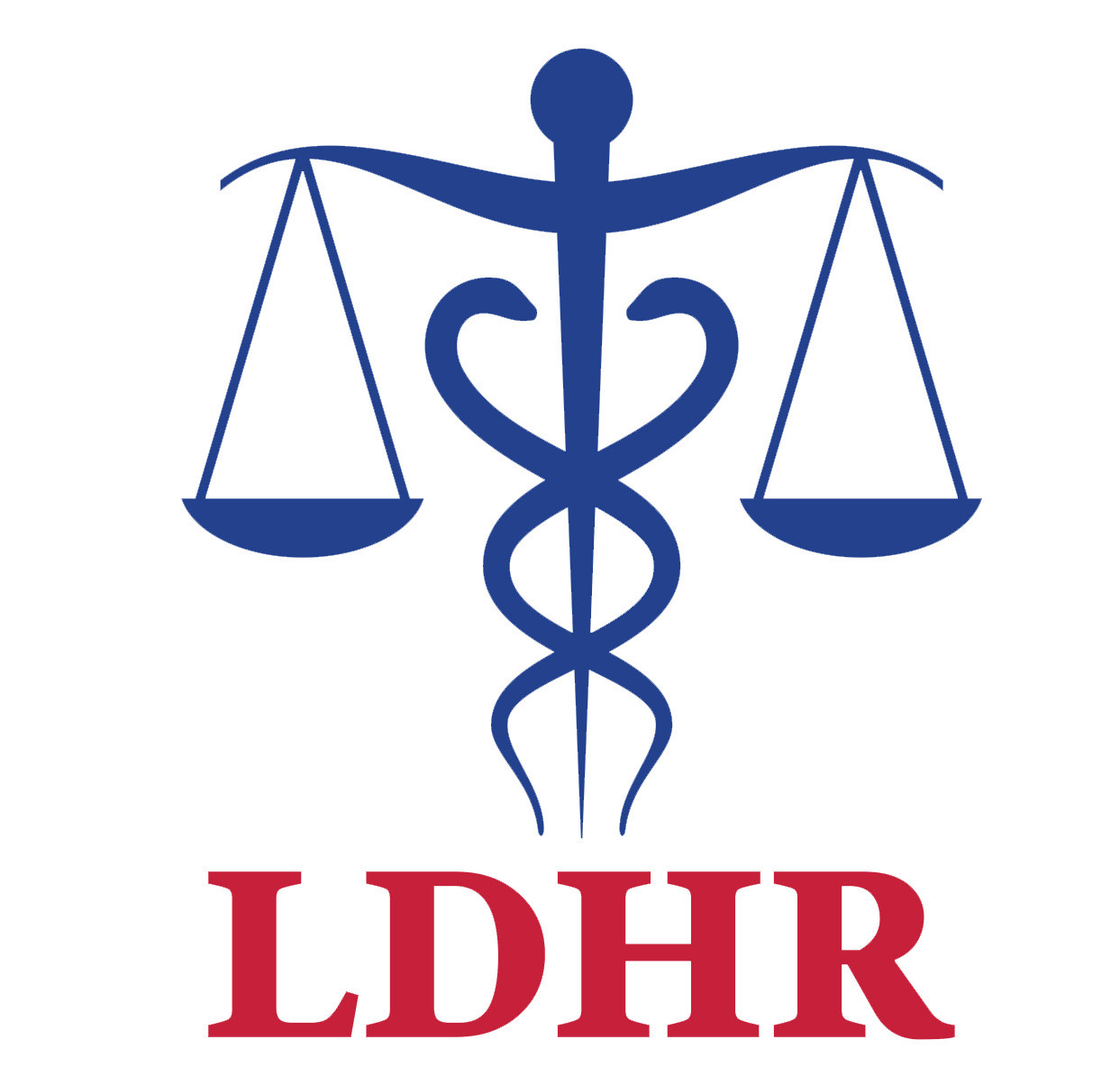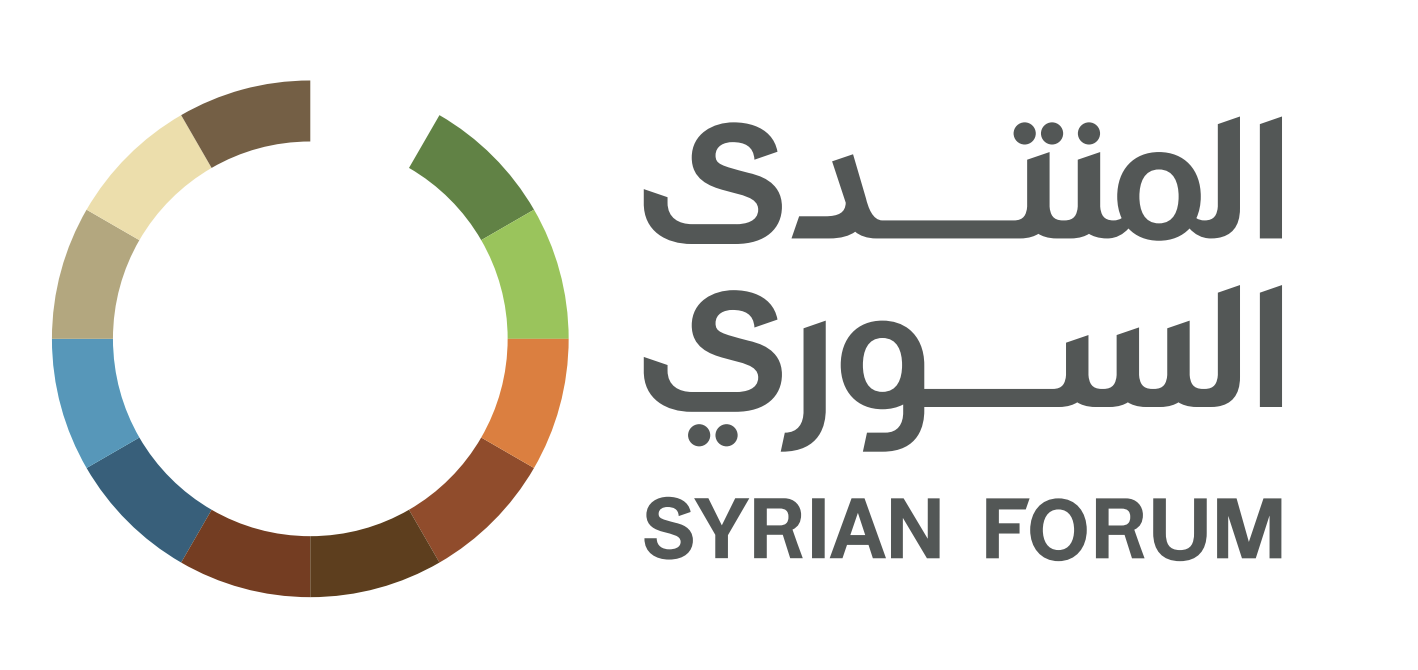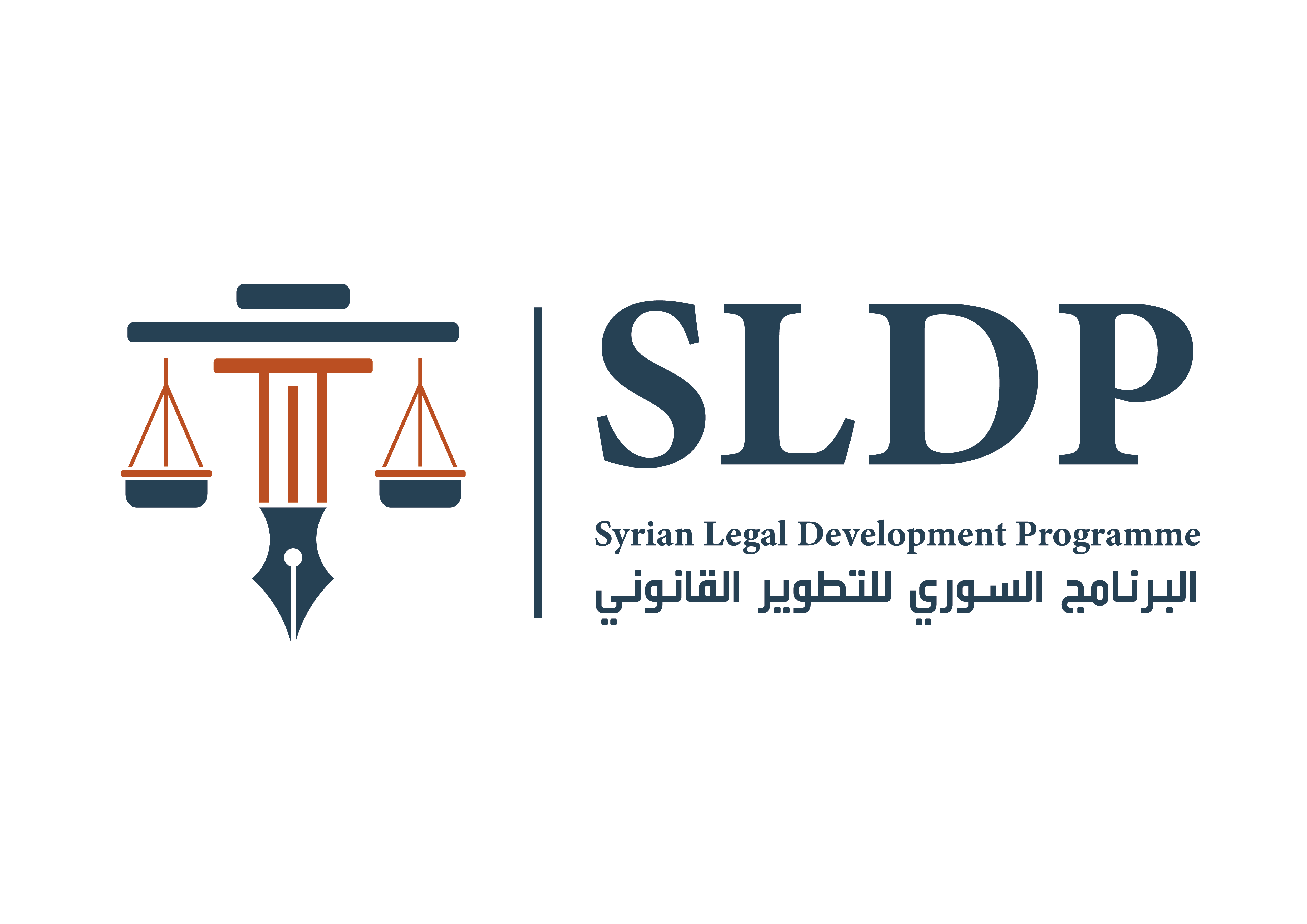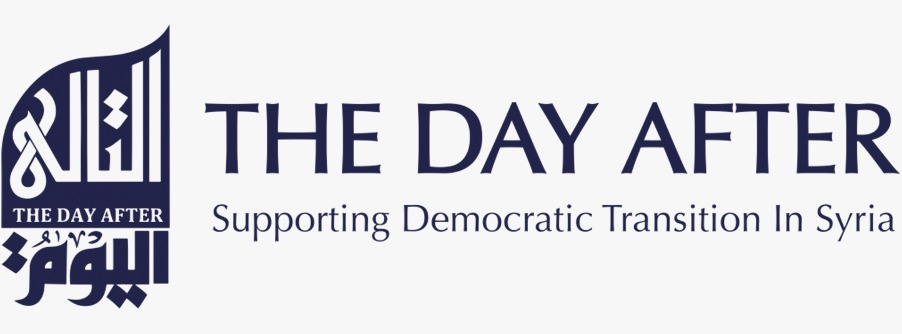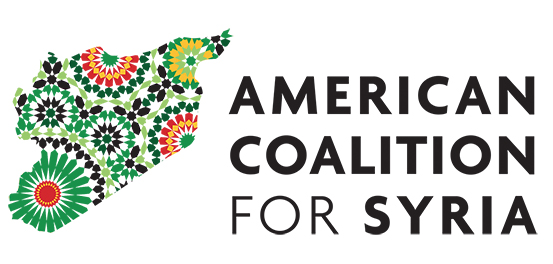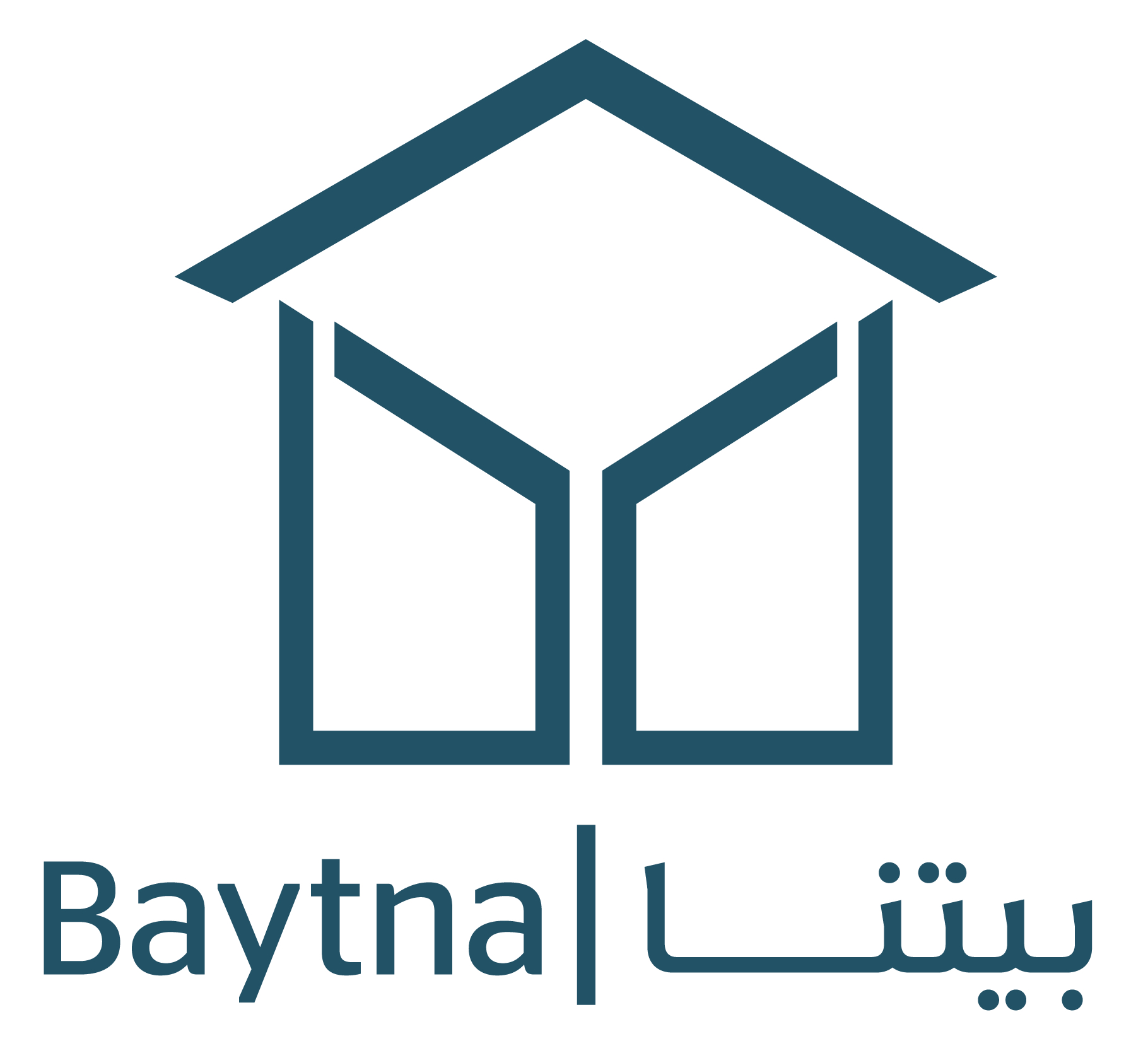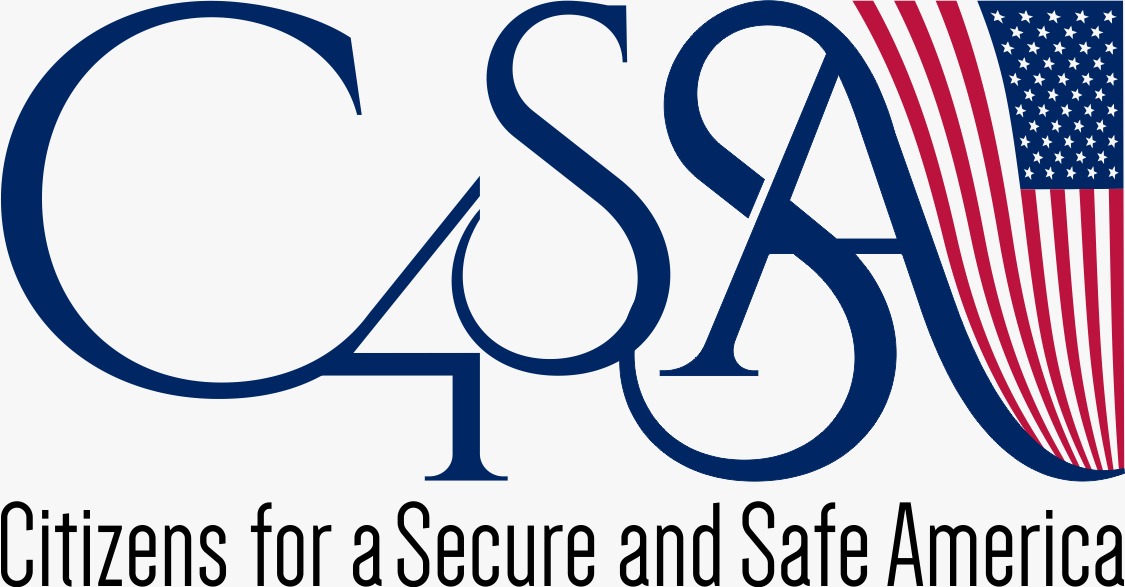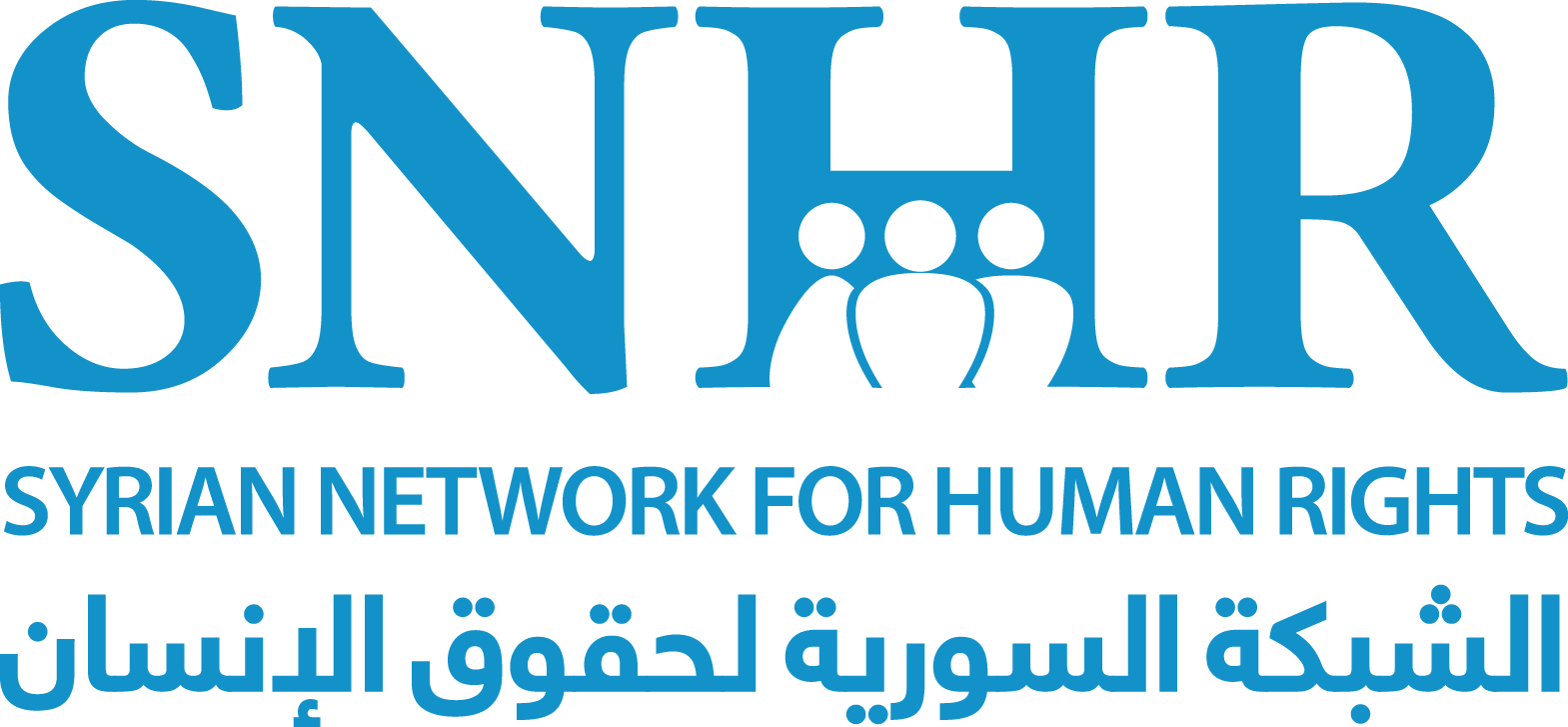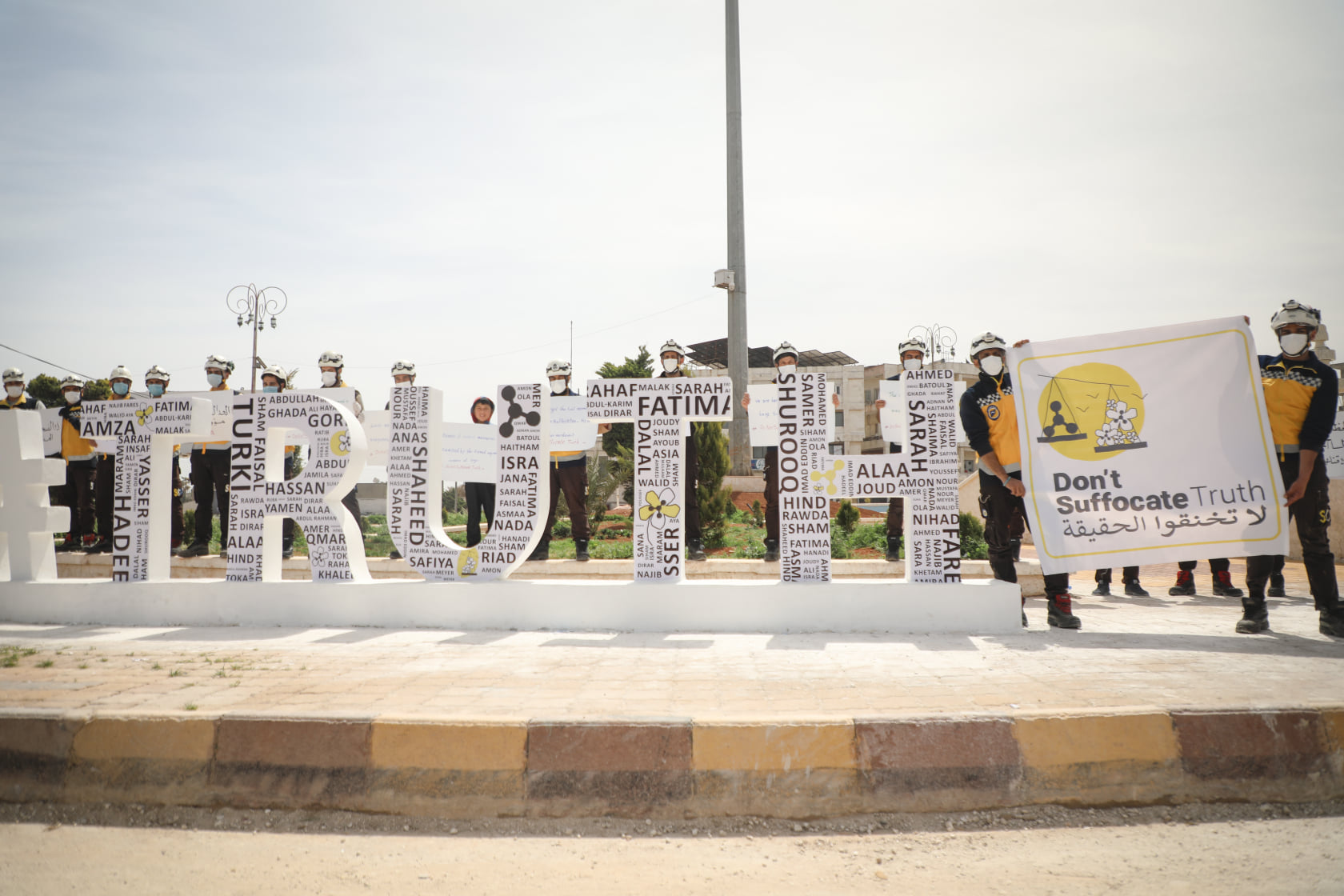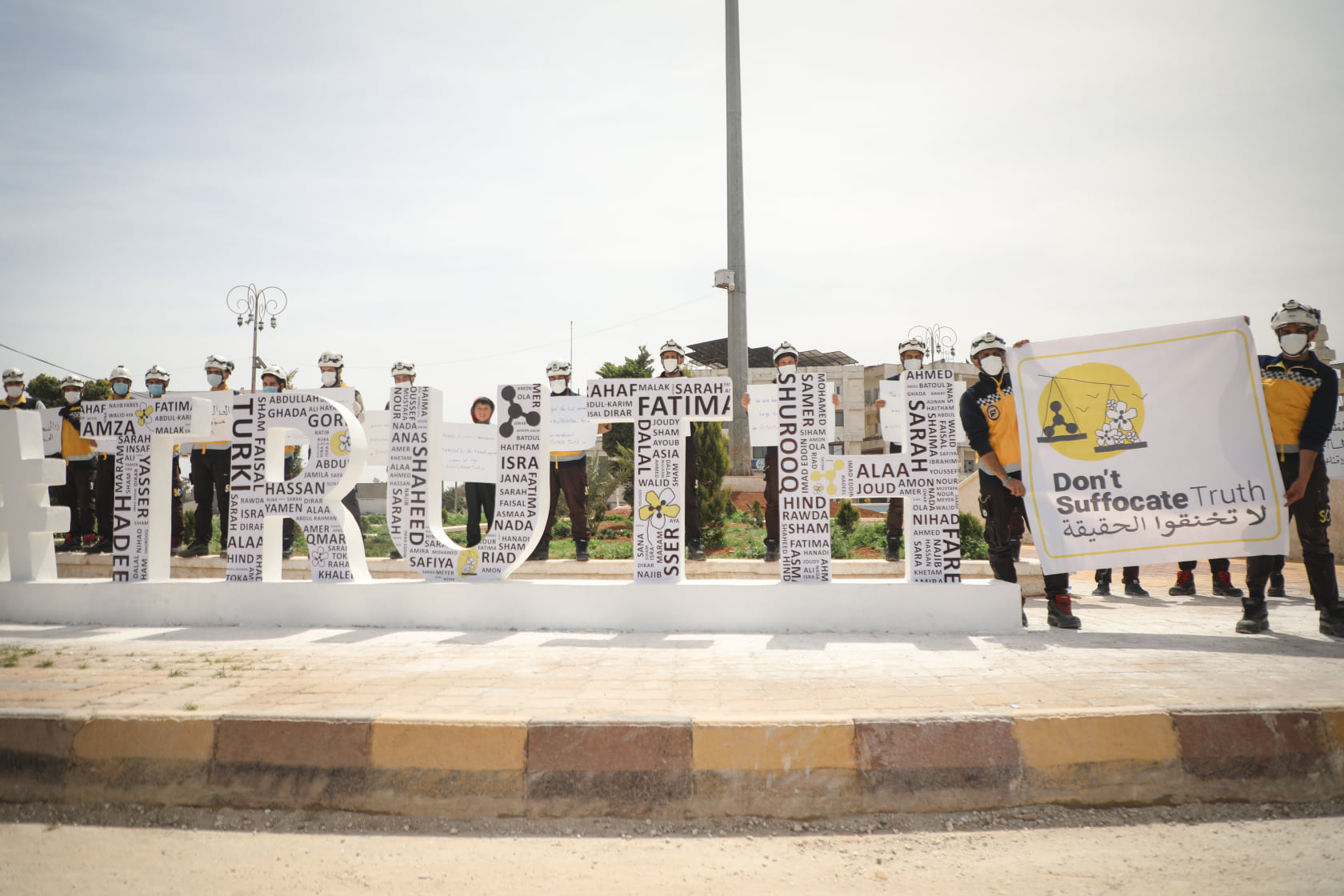The prohibition on the use of chemical weapons is one of the most universally accepted norms in international law. Yet thousands of men, women, and children have been killed or injured by the use of these weapons in the past decade, mostly in Syria.
The International Criminal Court (ICC) can hold individuals criminally responsible for their involvement in the use of poison or poisoned weapons or other asphyxiating gasses, a type of chemical weapons that has been used in Syria as confirmed by the Organisation for the Prohibition of Chemical Weapons (OPCW). However, in situations – like Syria – where the ICC has been prevented from acting there is no recourse to criminal accountability at an international level for the victims and survivors of this crime. A norm eroding impunity gap is created.
On the 30th November 2023, on The Day of Remembrance for All Victims of Chemical Warfare, Syrian organisations and individuals affected by and working on chemical weapons, including survivors and witnesses of such attacks, issued a public call for the creation of an international criminal tribunal for chemical weapons use: The Exceptional Chemical Weapons Tribunal (ECWT).
Coming to light after more than two years of consultations with legal and technical experts, governments, and international organisations, and born from the need to combat the impunity gap arising from chemical weapons use in Syria, and designed to deter future use, establishing such a tribunal will provide a forum to air the evidence collected for which there is no international judicial forum, provide a level redress for victims, and contribute hold perpetrators to account.
States will be acting collectively within rights and obligations inherent in their Statehood, enshrined in international treaties and customs, and inline with many United Nation Security Council and General Assembly Resolutions unequivocally calling for accountability for the use of CWs.
States creating the proposed Exceptional Chemical Weapons Tribunal will firmly close the existing impunity gap for the use of the chemical weapons when the ICC is blocked from acting. In this way, States will be making history, protecting their security, standing up for victims, and once again, solidifying the fundamental prohibition against their use, both now and in the future.

